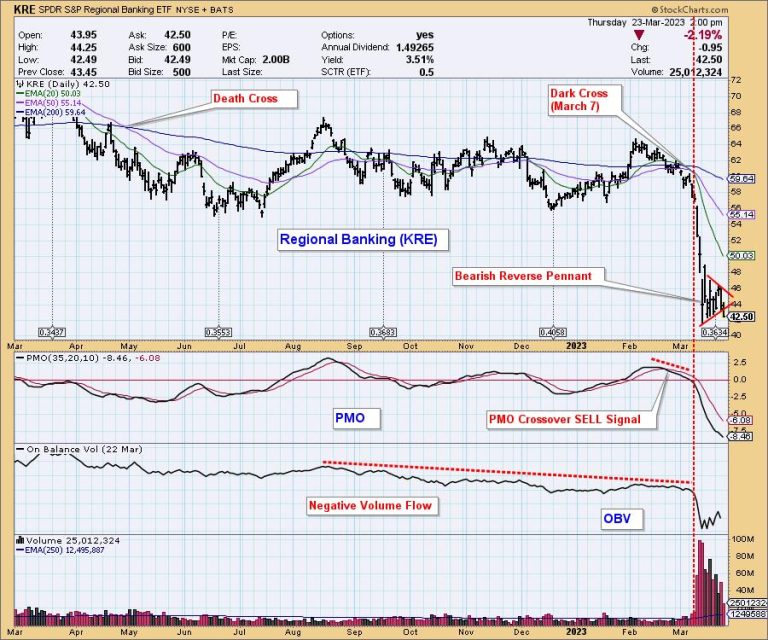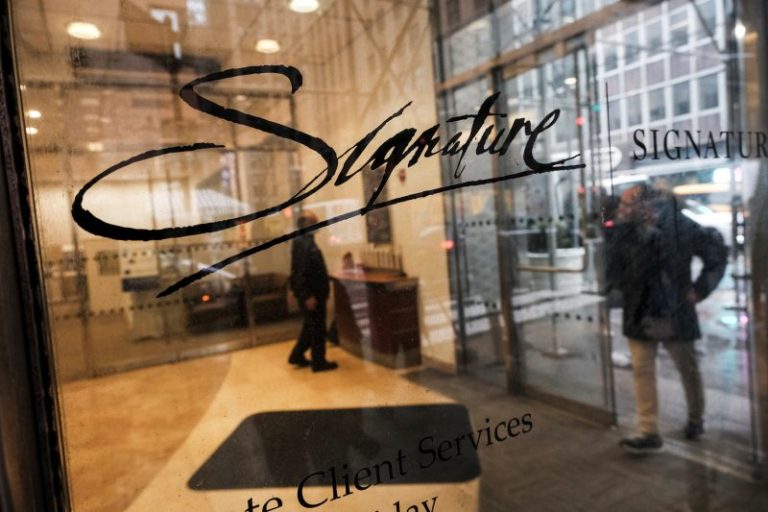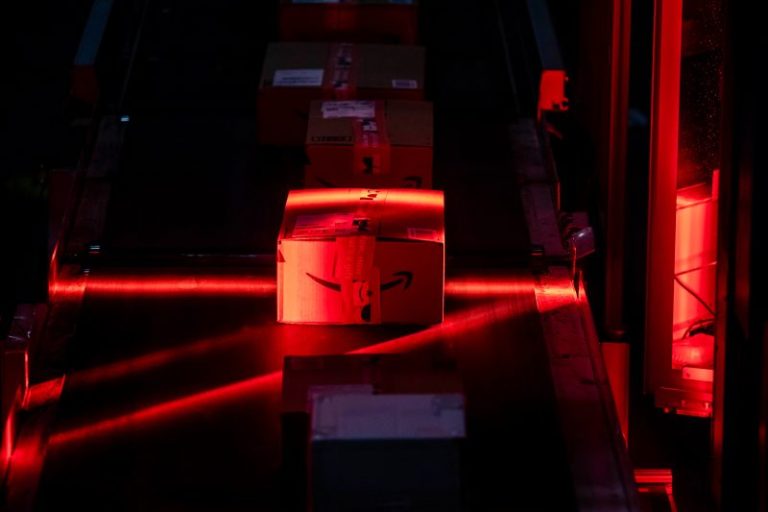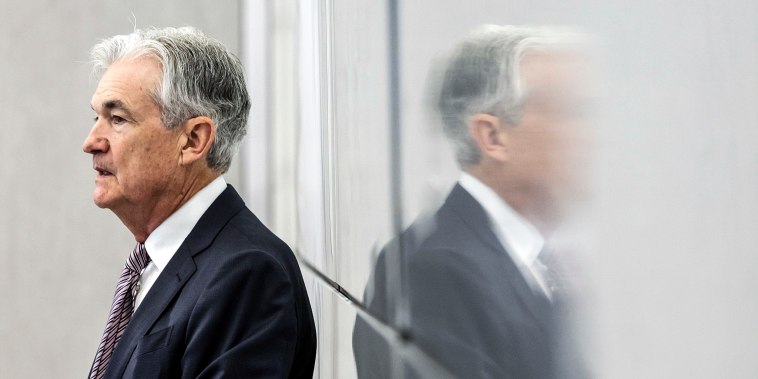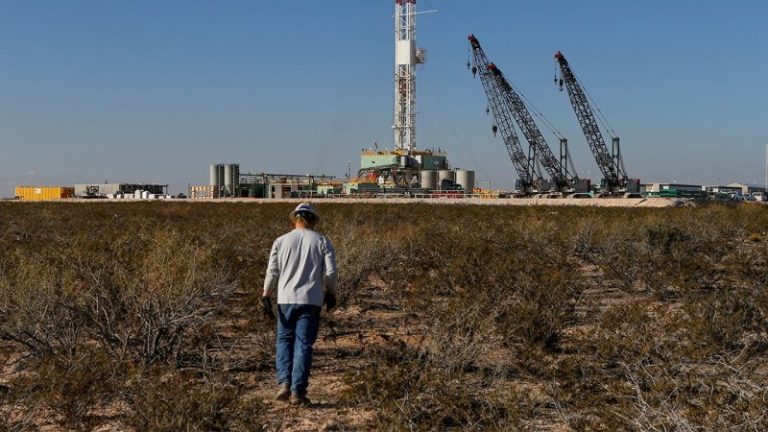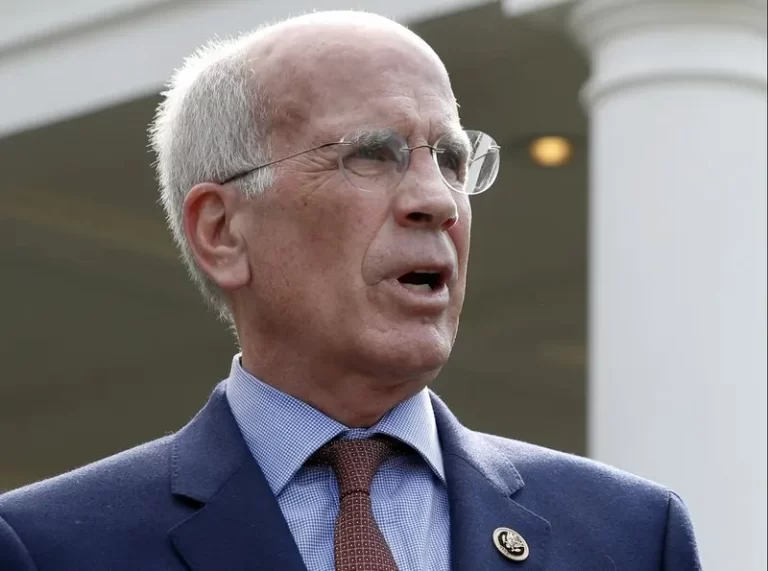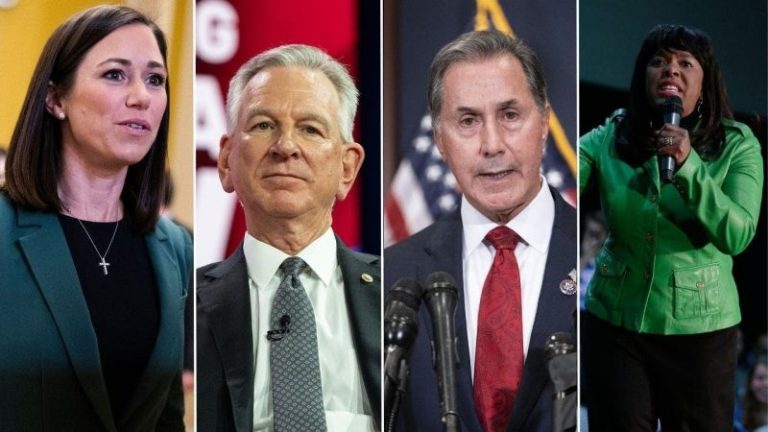The recent crashes of three U.S. lenders — Signature Bank, Silicon Valley Bank and Silvergate Bank — has slashed confidence in the nation’s banking system. The debacles have also put financial regulators on the hot seat, notably the Federal Reserve Bank of San Francisco, the overseer of both Silvergate and Silicon Valley Bank.
Amid these failures, a question that took hold during the 2008 financial crisis has resurfaced: Is the Federal Reserve, charged with supervising the banks for which it is the primary regulator, too chummy or aligned with them to do the job?
A factor contributing to that view — the practice of regional banks in the Federal Reserve system having executives of the institutions they regulate sit on their boards.
Beginning in 2019, Gregory Becker, the former CEO of Silicon Valley Bank, who presided over its rise and fall, was a director of the San Francisco Fed. After his bank collapsed, he was removed from the San Francisco Fed board.
Lynn Turner, a former chief accountant at the Securities and Exchange Commission, interacted with the Fed for decades, both as an auditor and as a regulator. “The Fed serves to protect the banks rather than serving the American depositors and investors,” he said in an interview. “To call the Fed a ‘bank supervisor’ with bank executives on their boards is absolutely an oxymoron.”
Silvergate, with $12 billion in deposits, and Silicon Valley Bank, with $160 billion, collapsed for different reasons. But, analysts said, rising risks in both institutions’ operations were in plain sight. Yet Fed examiners responsible for policing them seem to have done little or nothing to correct or rein them in, the analysts said. And, unlike other financial regulators, the Fed also seemed to disregard a warning it got last summer about risks of bank runs posed by unfettered crypto operations.
Silvergate closed because it facilitated crypto transactions that became toxic after FTX collapsed; Silicon Valley, meanwhile, had too little cash to handle a depositor run and was forced to sell investments at losses. Both risks had been well-known for months and were publicized either in regulatory filings or in statements made by the banks’ executives.
Silvergate said this month it was winding down its operations. The Federal Deposit Insurance Corp. is still seeking buyers for Silicon Valley Bank or its assets. Signature Bank, which had crypto exposure, had also encountered the beginnings of a run by panicked depositors when its regulators in New York seized it on March 12.
On March 13, the Federal Reserve Board announced a review of the supervision of Silicon Valley Bank. Leading the review is Michael Barr, its vice chair for supervision, who said in a statement: “We need to have humility and conduct a careful and thorough review of how we supervised and regulated this firm, and what we should learn from this experience.” No such review relating to the Fed’s oversight of Silvergate Bank has been announced.
The Federal Reserve Bank of San Francisco.Justin Sullivan / Getty Images
A spokeswoman for the San Francisco Federal Reserve Bank declined to comment.
Tyler Gellasch is the president and CEO of Healthy Markets, an investor-focused nonprofit organization, and a former counsel for then-Sen. Carl Levin, D-Mich., who helped to draft the Dodd-Frank banking reforms. Asked about the Fed’s oversight of the two failed banks, he said: “There will always be bad actors and incompetent management teams, but banking regulators exist to stop them before they make multibillion-dollar messes. And if the regulators can’t do that on the easy stuff, then what are they there for?”
Certainly, red flags were flying at both institutions, analysts said. At Silicon Valley Bank, the signs were a minuscule cash position available for depositor demands — only 6% of assets, compared with 9.5% held by its peer institutions, regulatory filings show. And the bank’s tidal wave of deposits — more than tripling in three years, from $57 billion to $183 billion in 2022 — should have raised questions about its management’s ability to handle such growth, analysts said.
“The bottom line is that there was a lax regulatory oversight of Silicon Valley’s operations,” Charles Peabody, a veteran bank analyst at Portales Partners LLC, wrote in a note to clients March 12. The relaxed policing was partly due to a less stringent regulatory framework for smaller institutions like Silicon Valley Bank, he concluded, and “partly due to its inept regulatory oversight body, (i.e., the Federal Reserve).”
At Silvergate, the peril centered on crypto. It was one of just a few U.S. banks allowing customers to move dollars or other so-called fiat currencies onto crypto exchanges.
Once a sleepy industrial loan company in San Diego with four branches, Silvergate began the switch to crypto in 2013. Among its clients — and promoters — was Sam Bankman-Fried, a co-founder of the cratered crypto exchange FTX and its related companies. FTX companies held 20 different accounts at Silvergate, according to a bankruptcy filing; one was North Dimension, a company with a peculiar and apparently phony electronics website that prosecutors said was central to FTX’s misappropriation of customers’ funds.
As a regulated institution, Silvergate was responsible for monitoring its clients’ accounts for illegal activities, such as money laundering or tax evasion, and alerting regulators to suspicious transactions. Before the bank began closing down, it told NBC News it “conducted significant due diligence on FTX and its related entities.”
As its extensive ties to FTX became known, however, Silvergate faced huge redemption demands from depositors. In December, customers withdrew almost 70% of the bank’s $11.9 billion in deposits, according to a February report by the inspector general of the FDIC. Racing to meet the redemptions, the bank sold $5.2 billion in debt securities it held for investment, losing $718 million in the process. That was more than the bank had earned since 2013, the IG report said.
Caitlin Long is the founder of Custodia Bank Inc., a special purpose depository institution in Wyoming that acts as custodian of digital assets and holds only cash, in amounts that exceed its deposits, to meet possible redemptions. Last summer, she said, she warned federal financial regulators, including the Fed, that the risks of bank runs were high among institutions serving the crypto industry.
“There was bank run risk all over this industry,” she said in an interview. “I don’t think any investment other than cash is appropriate for a bank in this sector, because, as we saw, all the deposits can be withdrawn in a few seconds.”
A Signature Bank branch in New York.Spencer Platt / Getty Images
Other regulators reacted to her warning, but the Fed did not respond to her about it, Long said. In January, it denied her bank’s application to become a member of the Federal Reserve System. The Fed said that “the firm’s application as submitted is inconsistent with the required factors under the law.” It also contended that the firm’s business model and proposed focus on digital assets presented safety and soundness risks.
Long disagreed, noting that Custodia has cash backing more than 100% of its deposits. Custodia has sued the Fed in federal district court over the decision.
Existing banks with crypto operations — like Silvergate — seem to have been “waved through without questions” by the Fed, Long said, “while the startups that were seeking permission for everything we did were denied.” All in all, a perplexing paradox, she said.
This post appeared first on NBC NEWS


